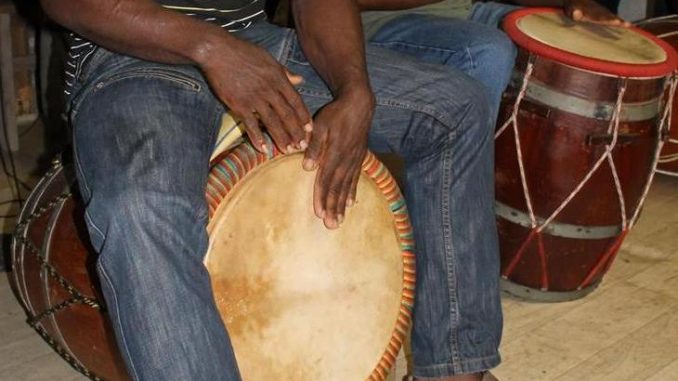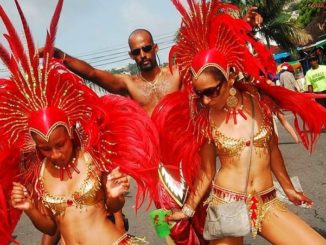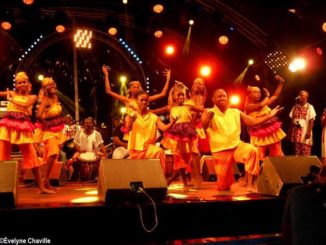
On November 26, 2014, Gwoka – “music, song, dance and cultural practices representative of the Guadeloupean identity” – was listed as an intangible cultural heritage of Humanity by UNESCO. Some people feel proud and other people are afraid of losing this traditional art.
After its inclusion in 2012 at the“French Inventory of Intangible Cultural Heritage” managed by the Ministry for Arts and Communication, gwoka was listed, on November 26, 2014, as an intangible cultural heritage of humanity by the United Nations Educational, Scientific and Cultural Organization (UNESCO).
The international organization used several points to make that decision. Indeed, it recognized gwoka as a symbol of identity that strengthens social cohesion and mutual respect because, originally practised by African slaves, this music-song-dance was adopted by all ethnic and religious groups in Guadeloupe.
According to UNESCO, the registration on the representative list “can allow to increase the awareness and visibility of cultural heritage at local and regional levels and its contemporary expressions can help to promote human creativity thanks to the diversity of musics, dances and songs”.
The United Nations specialized agencies, created in 1946 and set up in Paris, also considered the proposals of safeguard from authorities and representatives of the “gwoka community” with a view to promoting and to passing on this art.
The project holders for this registration – among them Félix Cotellon, the organizer of Sainte-Anne Gwoka Festival – now enjoy their satisfaction and think that gwoka is, more than ever, an asset for the growth of tourism and promotion of culture in Guadeloupe. The suspicious people who regard this recognition as a way to control this ancient artistic creation still need to be convinced.



